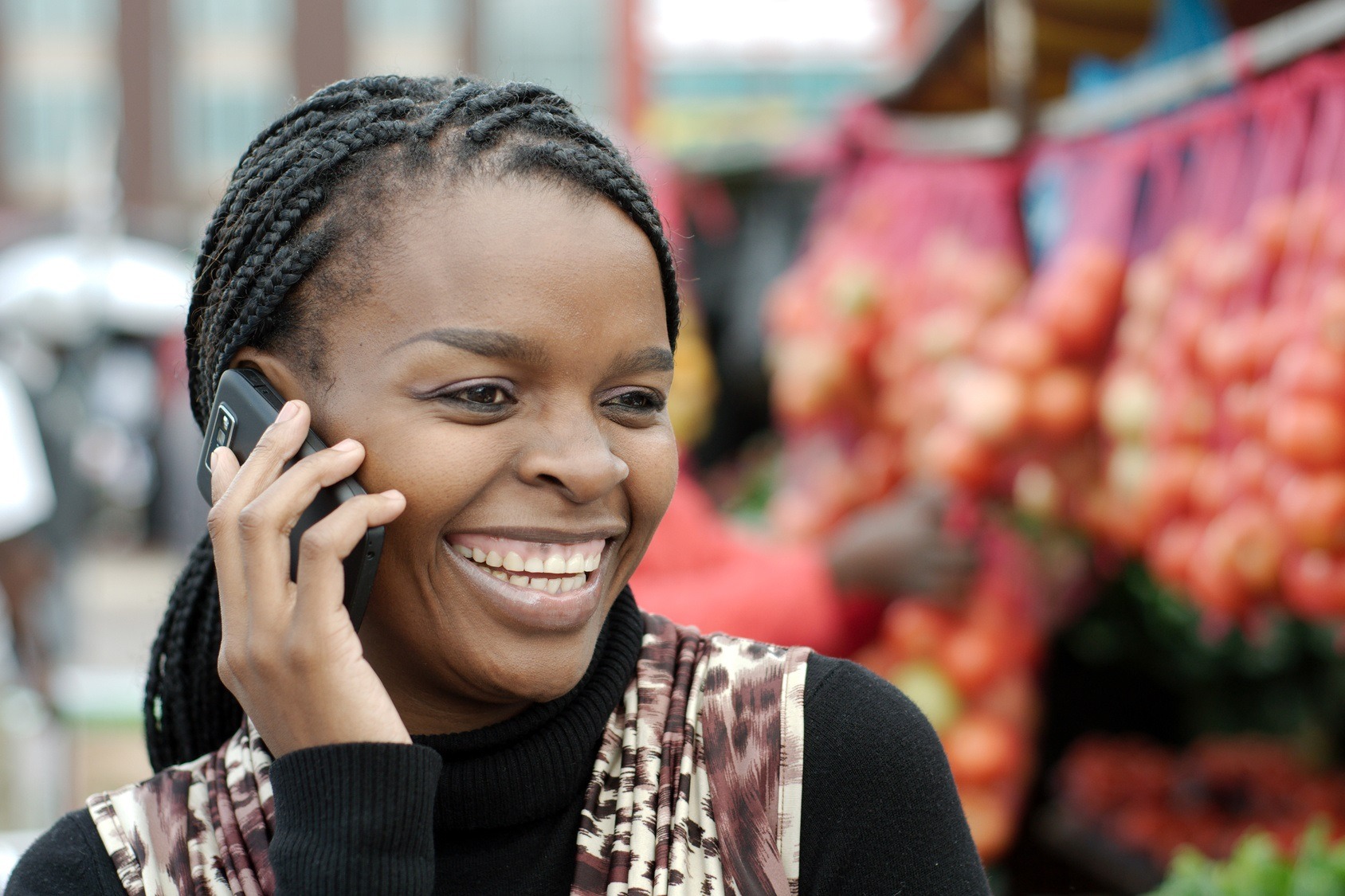Global Consumer Spending to Drop by 8.6 Percent in 2020
The coronavirus pandemic has changed almost every aspect of people’s daily lives, and consumer spending is no exception. The uncertainty of the COVID-19 crisis caused considerable changes in consumer habits, forcing them to cut down their budgets and prioritize spending.
According to data presented by Stock Apps, the coronavirus outbreak is expected to cut global consumer spending to $44.3trn in 2020, an 8.6% plunge year-over-year.
$4.2trn Drop in Spending Amid COVID-19 Crisis
Falling consumer spending has significant effects on overall Gross domestic product (GDP) growth, considering it accounts for almost 70% of GDP.
Before the COVID-19 crisis, global consumer spending has witnessed steady growth for five years in a row, revealed Statista, IMF, United Nations, World Bank, and Eurostat data. In 2015, it amounted to over $41.5trn. Over the next twelve months, this figure rose to $42.5trn and continued growing. Statistics show that in 2019, consumers worldwide spent a total of $48.5trn, the highest amount in a decade.
However, the coronavirus crisis triggered a sharp fall in 2020, with global consumer spending expected to plunge by $4.2trn year-over-year. Nevertheless, statistics show the following years are set to witness a recovery, with consumer spending growing by 20% to $53.5bn in 2022.
Statista data also revealed that Switzerland represents the leading country globally, with over $40,000 in consumer spending per capita in 2020. Luxembourg ranked second with around $5,000 less than that. Iceland, Denmark, and Norway follow, with $34,300, $25,800, and $25,600, respectively.
60% of Consumers Changed their Shopping Behaviour
The McKinsey&Company survey showed consumers became increasingly cautious with their spending in 2020. Even after countries lifted lockdowns, many consumers still see their incomes fall, forcing them to reduce budgets and change shopping habits.
Statistics show that increased time spent indoors led to significant growth in consumer spending on groceries, household, and home entertainment. Brazil, South Africa, and India lead in this category, with up to 30% consumer spending growth. Major consumer markets like the United States, United Kingdom, Germany, and China witnessed around 15% grocery shopping growth in the first half of the year.
However, with consumers being mindful of their spending and turning to less expensive products, 2020 has witnessed a plunge in clothes and accessories, outside entertainment, services, travel, and transportation spending. Respondents in all countries said they cut down spending in these categories between 20% and 50%.
The McKinsey survey also revealed the COVID-19 outbreak triggered a significant change in the shopping mindset. More than 60% of consumers globally have tried a different brand or shopped at another retailer during the crisis, mostly for convenience, value, and quality.
In China and the United States, over 75% of consumers reported trying a new shopping method, and 60% plan to stick with it post-crisis. The United Kingdom and Germany follow with 71% and 54% of consumers who practiced new shopping behavior. In Japan, where lockdowns weren’t imposed, only 33% of consumers changed their shopping mindset.


 Naira4 weeks ago
Naira4 weeks ago


 Naira4 weeks ago
Naira4 weeks ago




 Naira4 weeks ago
Naira4 weeks ago




 Naira3 weeks ago
Naira3 weeks ago
 Commodities4 weeks ago
Commodities4 weeks ago


 News4 weeks ago
News4 weeks ago
 Travel4 weeks ago
Travel4 weeks ago




 Naira3 weeks ago
Naira3 weeks ago









